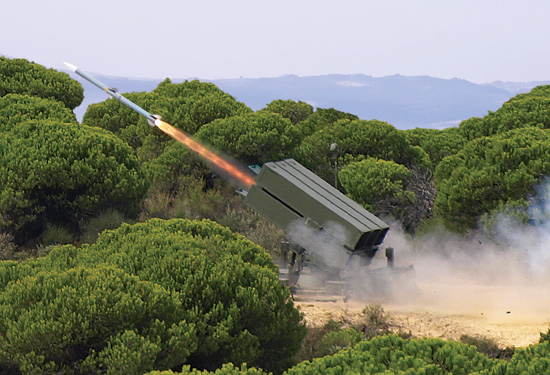One of Australia’s largest defence companies has urged the government to reconsider the Department of Defence’s imposed ban on the discussion of tender bids.
In a submission to the inquiry into the benefits and risks of a Bipartisan Australian Defence Agreement, Raytheon Australia has argued, beyond the legitimate need to control the dissemination of "sensitive defence technologies, intellectual property issues and commercial matters", there is a greater need for public discussion of tender bids.
"It is entirely appropriate that there be no disclosure of classified performance specifications of individual capabilities. To do otherwise could potentially compromise Australia’s national security," the submission said.
"However, beyond these types of issues, it is hard to find a suitable justification to limit a proper and open public discussion of issues a tenderer thinks appropriate to reveal about their bid."
The combat systems integration specialist company, currently involved in the Air Warfare Destroyer and Collins Class Submarine projects, said more discussion of bids will provide Australian taxpayers with a better understanding of what Australia's defence forces capability needs are.
"One reason why it is appropriate to encourage a capability focused conversation is to provide the public with a greater stake in the defence capabilities for which they are ultimately paying as taxpayers," the submission said.
"Having a greater understanding of the need for individual capabilities and the benefits those capabilities provide would also provide for a greater community acceptance for the amount of taxpayers’ funds that are being spent and tolerance for the time legitimately taken to acquire those capabilities."
Australia's Collins Class Submarines, once commonly referred to as 'dud subs' in the media, is one project that could have benefited from better discussion in the public domain, Raytheon Australia has argued.
"In the case of Australia’s submarine fleet, it is certainly true to say that if Australians were more aware of the need for submarines and the highly capable nature of the Collins Class submarine in particular, they would have been more tolerant of efforts on the part of successive governments to improve the capability and the submarine enterprise in general."
The submission from Raytheon Australia, which is supportive of calls for more bipartisan agreement in defence, raised its concerns that there are currently no sanctions imposed on those that go against Department of Defence rules by publicly discussing aspects of their bids do discuss their bids.
"In practice, tenderers occasionally breach their commitments not to divulge the contents of their bids but, invariably, no sanctions are imposed against them. In these cases, their competitors who play by the rules simply have to grin and bear any disadvantage in the public arena that may occur as a consequence."
The focus of Parliament's inquiry into a bipartisan agreement will seek to address the efficiency of Australia's existing strategic planning process and bipartisan or independent approaches, the opportunity cost of short-term and shifting defence priorities, and whether such an agreement should include the role and responsibilities of other agencies that contribute to Australia’s foreign policy, intelligence and security, and defence architecture.
Submissions to the inquiry, to be chaired by Liberal senator Linda Reynolds, remain open.



